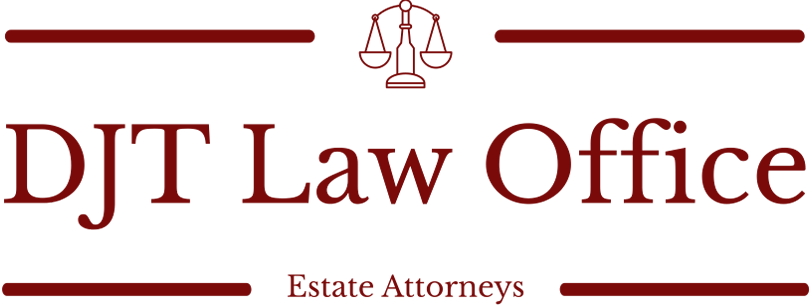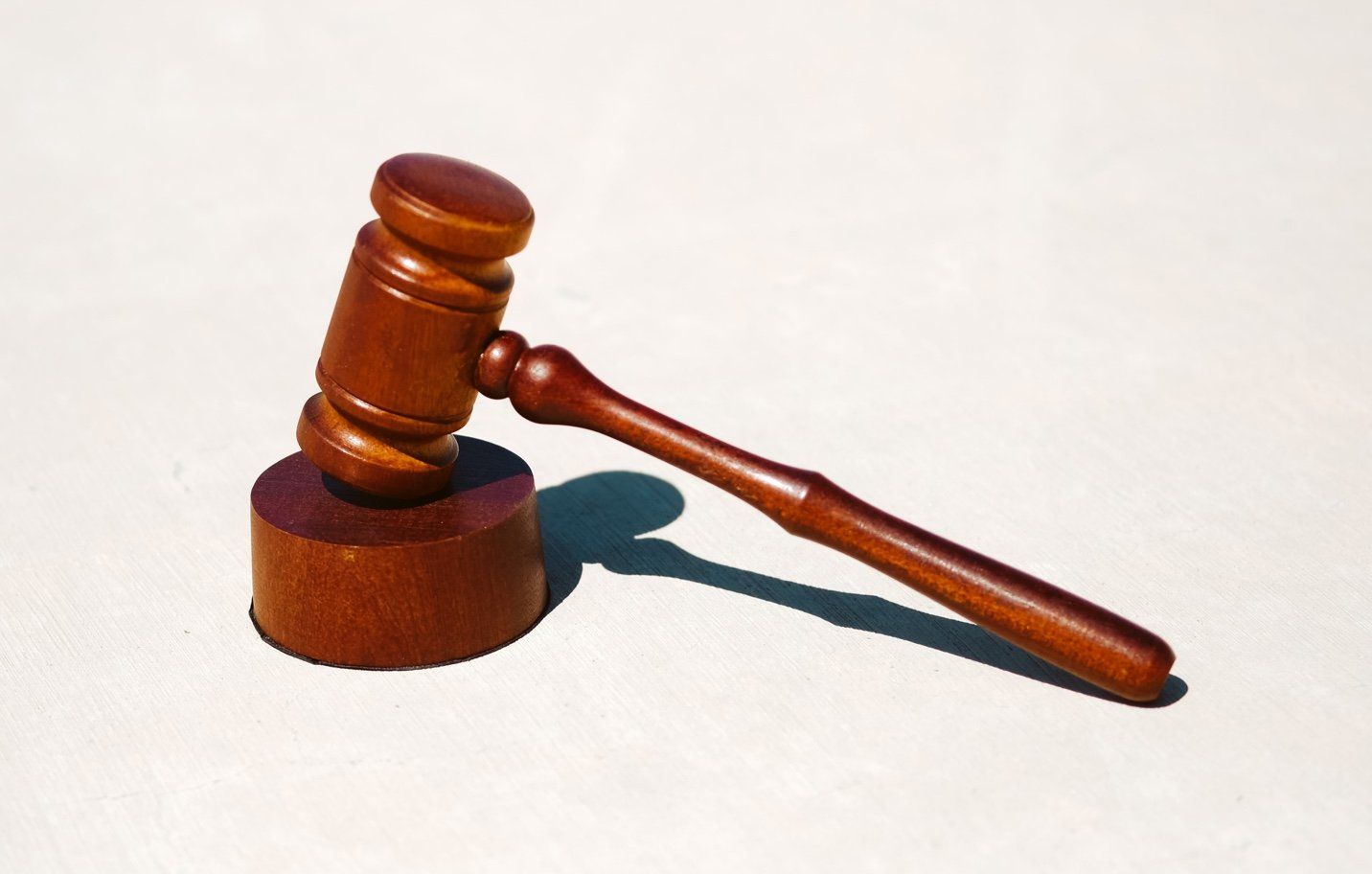Which Legal Planning Documents Do You Really Need For an Appropriate Estate Plan?
Whether you are married with children or a single adult, you should have an Estate Plan to protect your assets, loved ones and personal care in the future. What legal documents do you need to have an appropriate Estate Plan? Everyone is different and estate planning is unique to everyone, so it is difficult to generalize. However, most of us need the first four of the fundamental legal documents referred to below. More and more of us need a Trust of some kind but the specifics of why you need a trust and what kind of trust requires more discussion:
- Durable Power of Attorney
- Health Care Proxy
- A Will
- HIPAA Release
- Living Trust
- Credit Shelter Trust Version if you are married and have a net worth in excess of $2,000,000 combined.
- Joint Marital Revocable Trust if net worth is less than $2,000,000
- Individual Revocable Trust if not married.
(Primarily for Long-term Care Protection you would consider an Income Only Irrevocable Trust)
(Another trust called an Irrevocable Life Insurance Trust(ILIT) is used solely so the death benefits are not included in your Estate for Estate Tax Purposes)
A Durable Power of Attorney
The Durable Power of Attorney is a written document which allows you (the Principal) to designate someone you trust (the Attorney-in-Fact) to make Personal, Business and Financial decisions for you in the event of illness or incapacity. The Durable Power of Attorney allows you to name someone who could take over your personal finances, pay your bills, sign a deed or bill of sale, sign you in or out of a hospital or rehabilitation hospital, make gifts, deal with the IRS, deal with your insurance company or stockbroker, purchase an annuity or engage in Medicaid or long-term care planning on your behalf. A well-drafted Durable Power of Attorney will enable your Attorney-In-Fact to do anything you could as if you were personally present.
A Durable Power of Attorney can be broadly defined, or it can be very specific. It depends upon what one wants or needs.
A Durable Power of Attorney does not necessarily take effect at the time of signing. A Power of Attorney can "spring" into effect only upon the principal's incapacity or disability whether sudden (an accident or a stroke) or gradual (Alzheimer's disease or mental weakness/illness).
A Durable Power of Attorney should be signed while one is in good health. It is preferable to have discussed the Durable Power of Attorney beforehand and make sure the Attorney-In-Fact named in the document agrees to serve and understands what he or she is expected to do. A Durable Power of Attorney needs to be witnessed and be signed in the presence of a Notary Public.
A Durable Power of Attorney has its drawbacks. If it is too old a bank or investment company may not accept it. If it does not reference the particular use that you need it for, its intent may also fail. Even if you have a Durable Power of Attorney, you should have it reviewed every three years to see if it is still sufficient.
Health Care Proxy
A Health Care Proxy is a relatively straightforward legal document that one signs designating another person to make any and all care decision for him/her in the event of illness or incapacity. The person who is appointed is called a health care agent. The agent is authorized to act only if the attending physician determines in writing that you lack the capacity to make or communicate health care decisions. The decision-making authority includes the authority to make decisions about life sustaining treatment.
Again, similar to the Durable Power of Attorney a properly drafted Health Care Proxy will have sufficient detail to cover most if not all consequences. A general announcement naming someone to make all medical decisions for you is not sufficient.
A Will
A Will is a document which, among other things, directs how your property will be disposed of after your death. It is also used to name a Guardian for your minor children in the event of a simultaneous death. The Will also allows you to choose the person or persons who you want to manage your Estate. If you do not have a Will, your property will be distributed according to the Statutory Laws of the Commonwealth, which may or may not be in accord with your wishes. Additionally, virtually anyone, including your creditors, could petition the Probate Court for permission to administer your estate if you have not appointed an Executor through a Will. The use of a Will is part of the Probate Process it DOES NOT AVOID PROBATE.
HIPAA Release
A signed HIPAA release form must be obtained from a patient before their protected health information can be shared with other individuals or organizations, except in the case of routine disclosures for treatment, payment or healthcare operations permitted by the HIPAA Privacy Rule. A HIPPA Release would allow your spouse, children or whomever is named in it to converse with your doctors about your condition. It does not allow them to make any health decisions, those are left to the person named as your Health Care Proxy.
A Living Trust (revocable)
A Living Trust is a document by which a person legally transfers ownership of certain property to another party to be held and managed for his or her benefit or for the benefit of others. The person who establishes The Trust is the Donor.
A Living Trust, so called, is a trust that is established and takes effect while one is alive as opposed to a Testamentary Trust which is established in a will and only comes into being upon death. A Living Trust is often times revocable - meaning - the person who created it can revoke it. It also can be amended from time to time as situations and circumstances change.
By placing property in a Trust, a Trustee is legally responsible for management of the Trust property. A Trust serves to avoid Probate upon the death of the Donor, as the Trust Assets are not in one person's name at the time of death. Unlike a Will, a Living Trust need not be filed with the Registry of Probate.
One similarity of a Will and Trust is that the Trust can provide to whom the Trust assets will go upon the death of the one who created the trust (the Donor). One of the differences between a Will and the Trust is that the Will takes effect when you die. The Living Trust, on the other hand, can be established while you are alive, and the Trustee will hold your assets and manage them during your lifetime. The Executor of your Will can only distribute your assets to your heirs at the time of death. The Trustee can manage the Trust in both instances - while you are alive and following your death.
A Living Trust provides needed flexibility to deal with changes over the years. It provides, as does a Will, a means to provide protection for handicapped, disabled, or mentally challenged family members or loved ones. It can protect a financially irresponsible beneficiary. It allows one to make specific arrangements for children or grandchildren from a prior marriage. A Trust can also be used to avoid or reduce estate taxes.
EXAMPLES:
I am asked for generalities: I don’t like generalities because each person, each couple are unique in my mind and the difference between being a document drafter and someone who provides an estate plan is understanding the individuality of your clients. However, examples sometimes help make things easier to understand.
Anyone over the age of 18 should have a Health Care Proxy. Anyone one who is married should have a Health Care Proxy and Last Will and Testament. Anyone who owns a house or has a retirement account should have a Durable Power of Attorney. It is that simple.
A single person or a widow or widower who have never had a trust will not need a credit shelter trust. They may or may not need a revocable trust or an irrevocable trust or both. This is what having an hour discussion is all about. But…. If you want to have complete unfettered control of what is held in trust, you do NOT want an irrevocable trust, you want a revocable trust. If you want to protect the assets of the trust from creditors or to qualify for MassHealth/Medicaid you do NOT want a revocable trust, you want an irrevocable trust. If you want to control some assets and protect other assets you might want one of each kind of trust. Both kinds of trusts will aid you in the management of the assets if you were disabled and to avoid the probate process if you have passed away.
Again, be careful to not assume what I just described is for you. What you might hear in a seminar or a class, whether with me or another speaker is not designed to define what you need. It is a guide. It is essential that have a one on one with an estate planning attorney to create a plan that is distinctive for you.
For more information on drawing up a Will, Durable Power of Attorney, Health Care Proxy, or Living Trust, contact your local attorney. For more information on The Law Offices of Dale J Tamburro, please visit our web site at www.tamburrolaw.com, email us at Dale@Tamburrolaw.com or call us directly at 617.489.5919.





